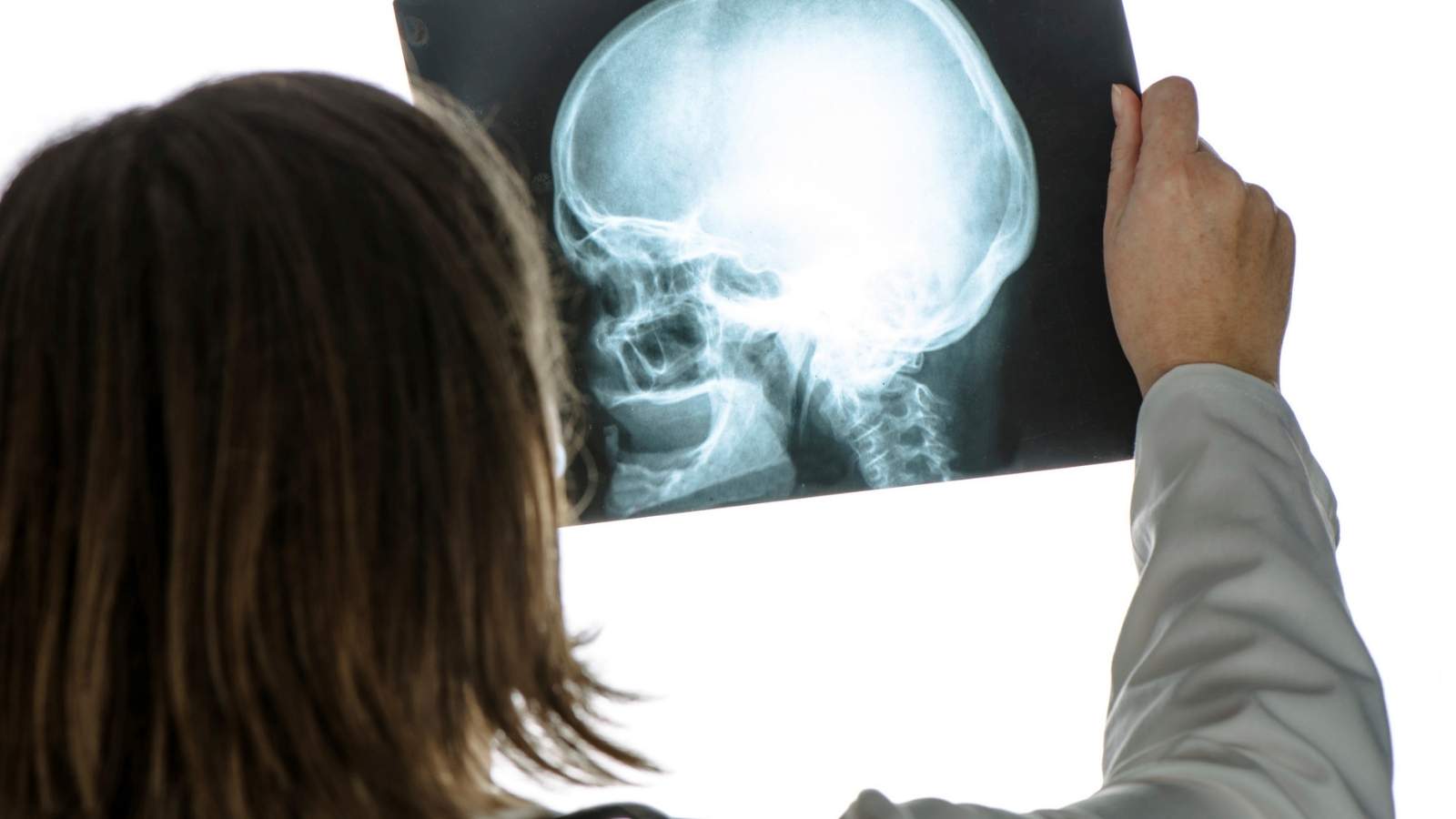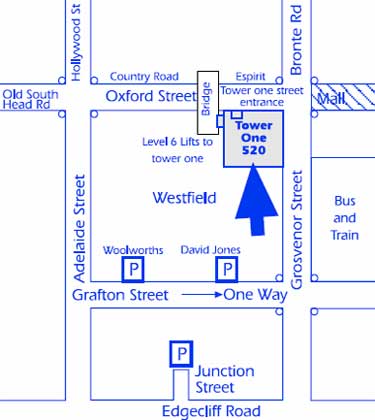Facial trauma consists of injuries to the facial area. These include:
- facial lacerations
- intra oral lacerations
- avulsed (knocked out) teeth
- fractured facial bones (cheek, nose or eye socket)
- fractured jaws (upper and lower)
Causes of facial trauma
The most obvious causes of facial trauma are:
- motor vehicle accidents
- falls
- sports injuries
- violence; and
- work related injuries.
Symptoms of facial trauma
Here we have listed some symptoms often associated with facial trauma:
- bad bite or malocclusion
- difficulty breathing through the nose due to swelling and bleeding
- changes in sensations and feeling in the face
- facial swelling
- double vision
- missing teeth; and
- cuts and bruises.
If you have suffered an injury to the face you should always seek medical attention either from you local GP who may refer you to see one of our Oral and Maxillofacial Surgeons or the emergency department at your local hospital.
How is facial trauma repaired?
First, you will be examined to determine what types of facial trauma you have received. Some of the signs to look for are:
- lacerations
- bruising around the eyes
- widening of the distance between the eyes
- abnormal movement of the jaw when the head is stabilised; and
- abnormal sensations on the cheeks and irregularities.
Facial trauma is repaired in many different ways, depending on the type of trauma. Initially, you will be required to have an examination by your surgeon and undergo x-rays. Following a discussion between you and your surgeon, suitable treatment will follow. Some ways of repairing trauma to the face are:
- jaw wiring
- placements of "plates and screws" for fractured jaws
- "replanting" of knocked out teeth
- suturing (stitches) of the lacerations (open wounds); and
- more major surgery for extreme injuries.
If you require major surgery, jaw wiring or the placement of "plates and screws" for fractured jaws it will be necessary to have this performed under a General Anesthetic at one of the major hospitals. Minor injuries may be treated under local anaesthesia or under General Anaesthesia in Day surgery.
For more information on jaw surgery please see our Corrective Jaw Surgery page.



